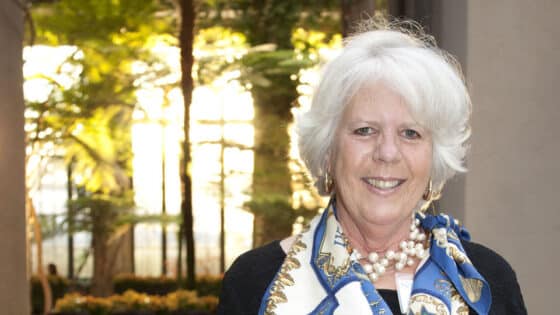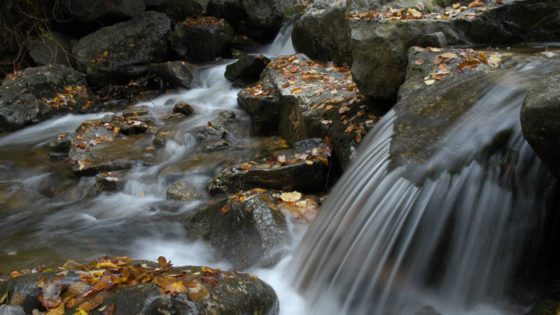By Diane Huskinson and Tara Muenz
This spring, Stroud Water Research Center educators supported the Lenape Indian Tribe of Delaware to monitor Fork Branch for water quality as part of a collaborative National Geographic–funded project with the ACEER Foundation, Partnership for the Delaware Estuary, and the University of Delaware. Principal Chief of the Lenape Indian Tribe of Delaware Dennis Coker leads the project.
The goal is to integrate traditional, indigenous wisdom regarding environmental stewardship with modern aquatic science in an effort to restore the tribe’s ancestral watershed. The Stroud Center is helping by engaging the Lenape, especially their youth, as community scientists. Watershed monitoring and stewardship activities will support the potential to reintroduce mussels — the most endangered and threatened freshwater faunal group in the United States — which are currently in decline within the watershed.
During her first meeting with members of the tribal nation, Assistant Director of Education Tara Muenz introduced the Leaf Pack Network® and demonstrated how to use leaf packs to monitor water quality in streams. As a former malacologist, she provided an overview of freshwater mussel ecology and monitoring.
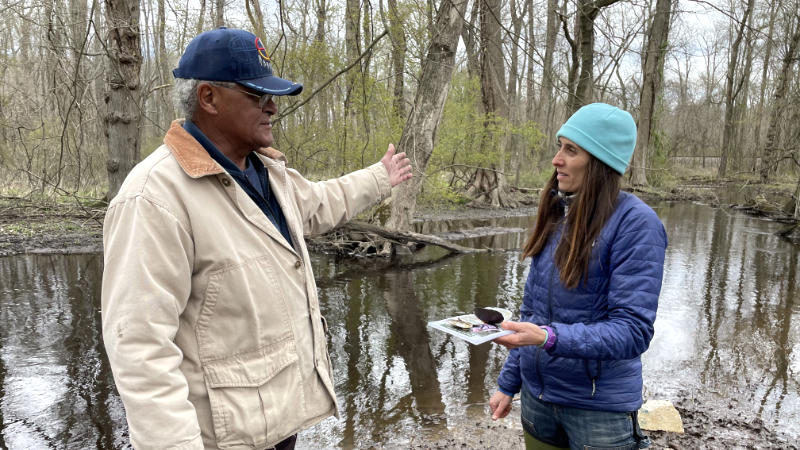
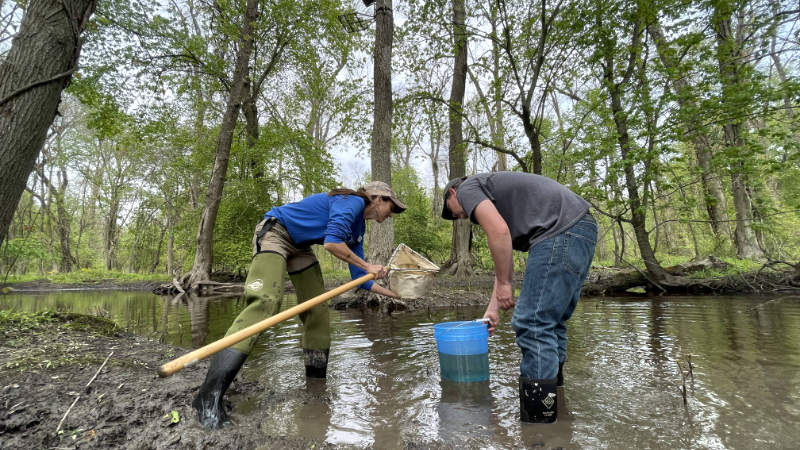
A few weeks later, project partners assembled for a land restoration work party, and Chief Coker opened with a land acknowledgment ceremony on the banks of the river that has sustained his people for centuries.
Muenz joined in the festivities by bringing the Watershed Education Mobile Lab. With microscopes and other tools in tow, she led a group of volunteers as they retrieved their leaf packs to identify the aquatic macroinvertebrates they had collected.
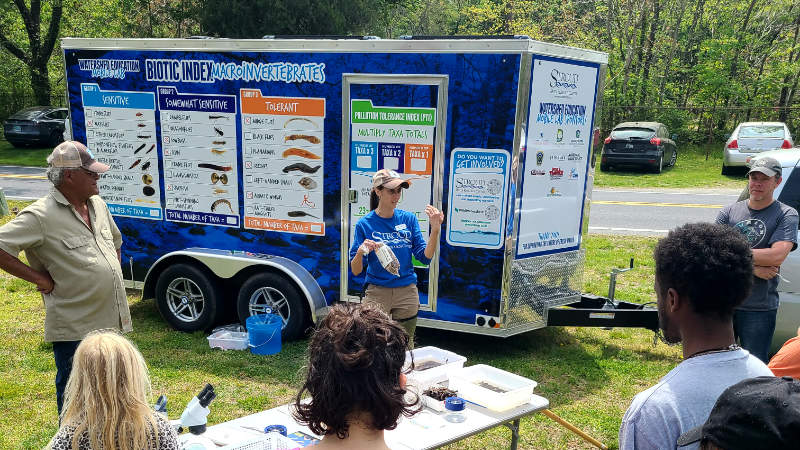
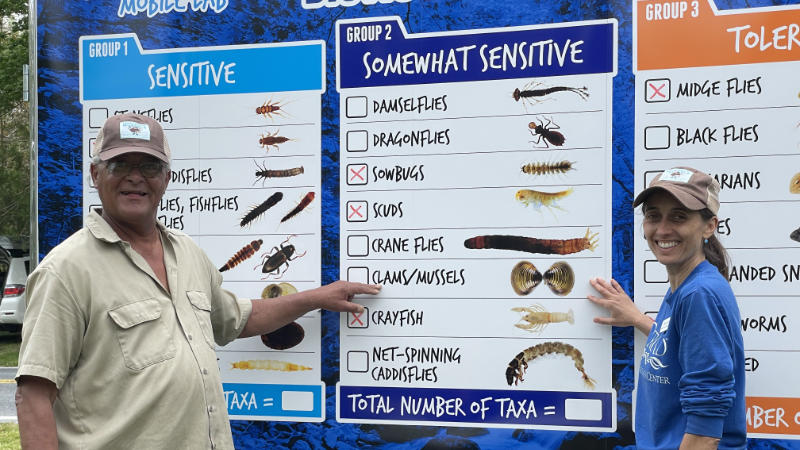
“So far, Partnership for the Delaware Estuary has identified the mussel species as Elliptio complanata (eastern elliptio), but this is only the beginning. As we continue to study the heartbeat of this river, we will learn where freshwater mussels, these unsung heroes of our waterways, exist in the watershed,” said Muenz.
What You Can Do
- Watch and share the video message from Simon Purchase James, the project manager with the ACEER Foundation, and check out the video below of eastern elliptio mussels from Fork Branch. @StroudCenter #freshwatermatters2us
- Enliven storytime with Creek Critters, the children’s STEM picturebook from Arbordale Publishing (created in partnership with Stroud Water Research Center). English and Spanish versions are available for purchase on Amazon.
- Help us work toward environmental justice with First Nations and other marginalized communities: give the gift of clean fresh water today.
Like what you’ve read? Subscribe to get UpStream Newsletter in your inbox! You may unsubscribe at any time, and we will never sell or share your information.


